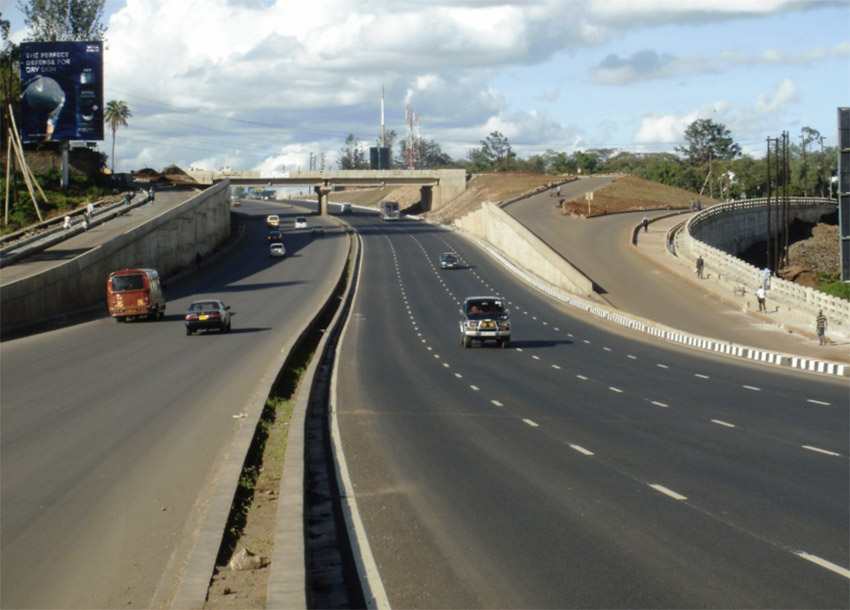A policy that grants farmers ownership of timber trees on cocoa farms in Ghana could help boost yields and curb deforestation, according to government officials and an industry group. Trees grow naturally on many cocoa farms, providing shade for the delicate crop. But they belong to the state, not the farmers, according to the West African country’s forestry laws.
Companies pay the government a fee to log the timber, while cocoa farmers lose out, because their crops are often damaged in the process and become less productive under full sun. But a little-known provision included in the forestry laws allows farmers to register ownership of timber trees that they have planted themselves.
Although the provision is not new, it had never been tested until this year, under a pilot project backed by the World Cocoa Foundation (WCF) in the Amenfi West district. “We are educating farmers about their rights. They didn’t know this was possible, stated Alex Tweneboa-Kodna, a forestry commission manager in Asankragua, the district capital.
The project helped 150 farmers register ownership of timber on their farms. The WCF said it aims to spread the practice throughout Ghana, which is the world’s second biggest cocoa producer after Ivory Coast. “We were very excited when we heard about this,” said Nana Archer, a participant in Nkwantanum, a poor cocoa-farming community that straddles a potholed dirt road. Standing in his yard, among chickens pecking at the ground, the 53-year-old farmer showed a certificate from the forestry commission stating that he had planted and registered 30 shade trees.
Cocoa grows on lush hills behind his house, with no separation between farm and forest. Much of the area was logged about a decade ago, and the farmers mindful that loggers would return – did not replant timber trees, Archer said. Re-planting timber trees on cocoa farms could help rebuild forest cover and reduce the pressure for further deforestation by boosting yields, said the Winrock study.
The government is working on streamlining the process and several cocoa companies are interested in promoting it among their farmers.


